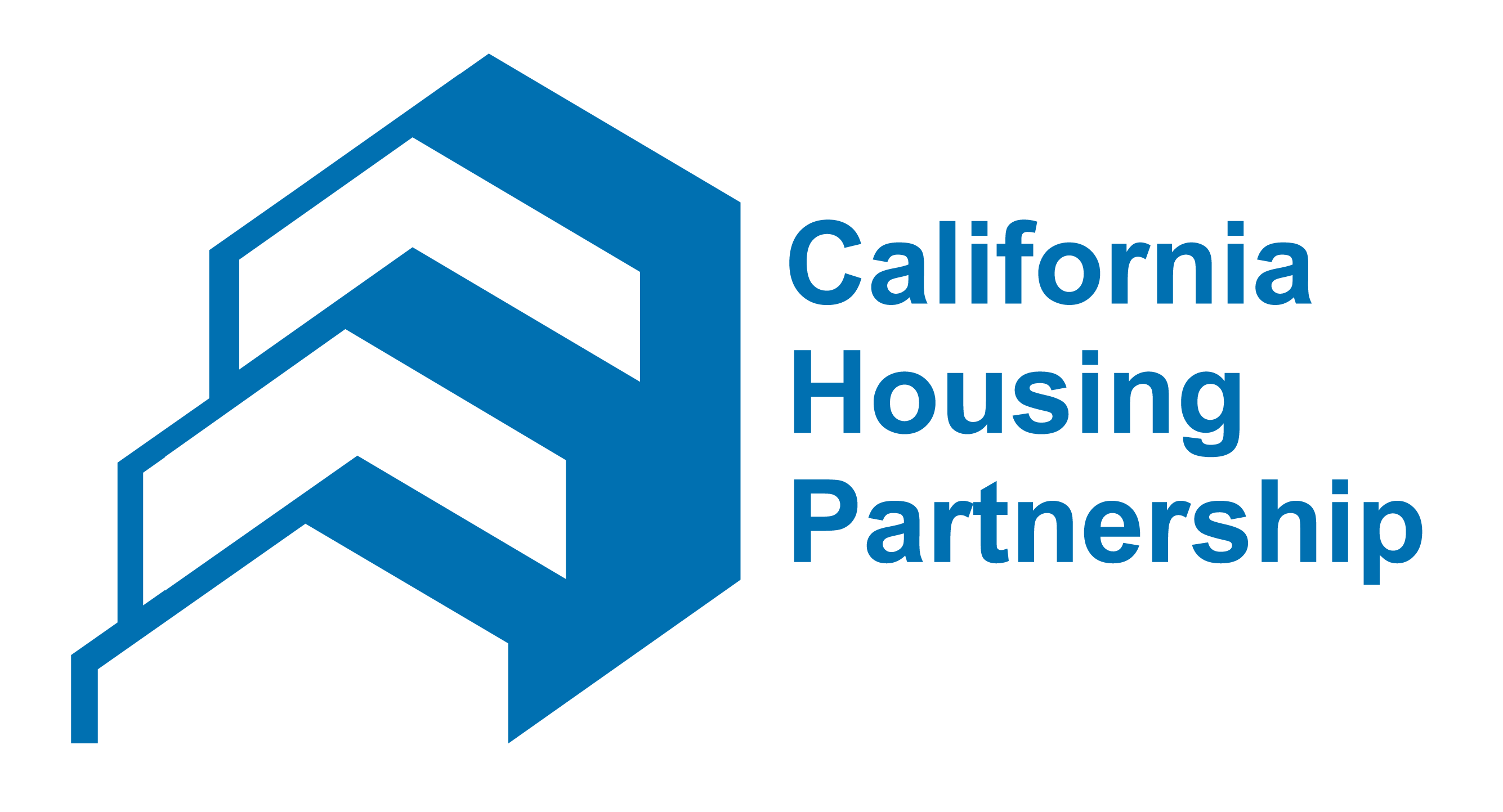
On December 14, 2016, the California Energy Commission (CEC) approved the SB 350 Barriers Study mandated by Senate Bill 350 to address barriers for low-income households and disadvantaged communities to participate in energy efficiency and renewables opportunities. The purpose of the study is to identify how new legislation and joint agency efforts can establish transformative goals and policies to enable all Californians to realize the benefits of California’s transition to a clean energy economy.
The CEC acknowledged the contributions of the California Housing Partnership and the GREEN-EEFA Coalition that informed the study’s findings on the structural and program alignment barriers to participation in clean energy programs by low-income rental housing owners and renters.
Highlights from the Study’s recommendations:
- The Legislature should require state agencies to establish common metrics, including energy equity indicators, and use these metrics to set a statewide baseline, advance energy savings, and track performance. State agencies should create a shared database to collect and use data systematically across programs to increase the performance of these programs in low-income and disadvantaged communities.
- State agencies should establish a low-income task force to facilitate coordination of all state agencies administering energy, water, resilience, housing, and low-emission transportation infrastructure programs for low-income customers and disadvantaged communities. The task force should seek to align program eligibility requirements and encourage collaboration, standardization, streamlining, integration, and co-funding opportunities with related federal, state, and local agencies.
- The State should continue developing a series of energy upgrade financing pilot programs to evaluate a variety of models to improve access and participation of low-income customers.
- The State should establish a pilot program for multiple regional one-stop shops to provide technical assistance, targeted outreach, and funding services to enable owners and tenants of low-income housing across California to implement energy efficiency, clean energy, zero-emission and near- zero emission transportation infrastructure, and water-efficient upgrades in their buildings.
- California energy agencies should direct research, development, demonstration, and market facilitation programs to include targeted benefits for low-income customers and disadvantaged communities.
Next steps:
The California Housing Partnership will work with our GREEN and EEFA partners on legislative and regulatory efforts in 2017 to use this study’s findings to advance transformative equity goals and metrics, energy and water program alignment, the availability of one-stop technical services, and effective financing pilot designs for low-income rental housing in California.
The CEC will conduct formal workshops and informal meetings to support implementation of this Study in early 2017, including a meeting in January with low-income rental housing owners to discuss policy changes needed to enable deeper energy retrofits. Please contact Caroline McCormack at cmccormack@chpc.net if you are interested in participating in the January meeting to share owner perspectives. If you would like to receive updates about the CEC’s implementation of the Study, please subscribe to the CEC’s SB 350 Barriers Study list serve.
